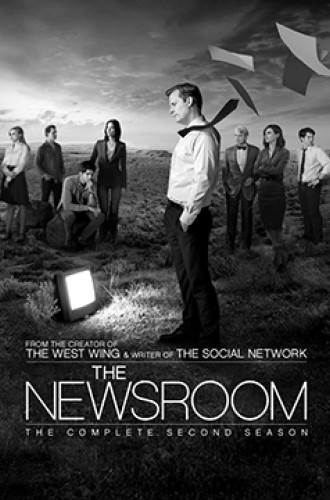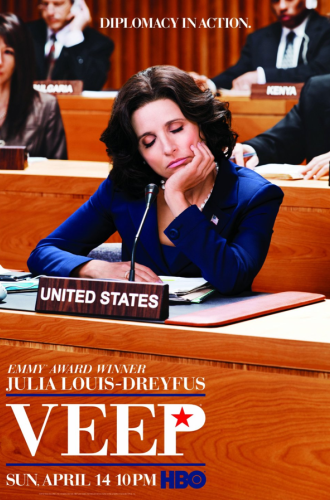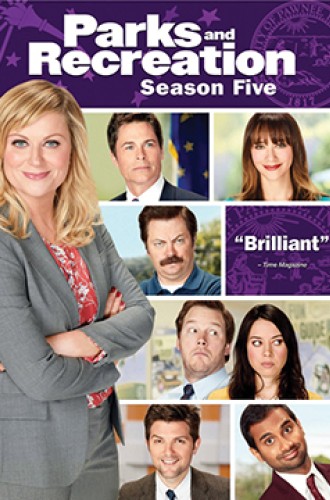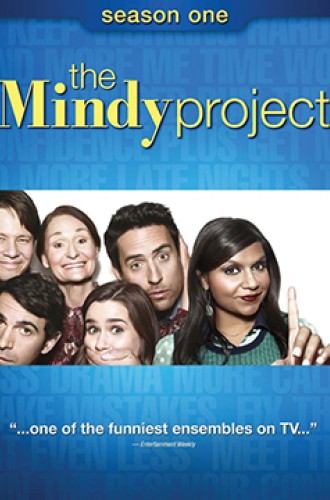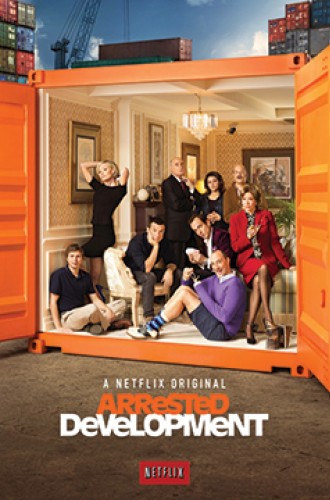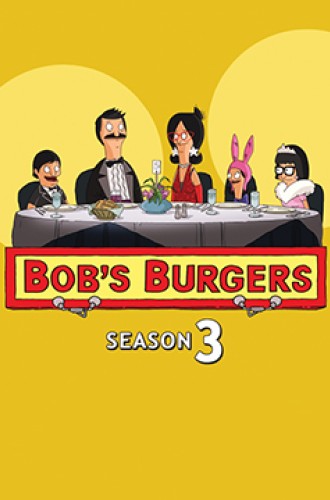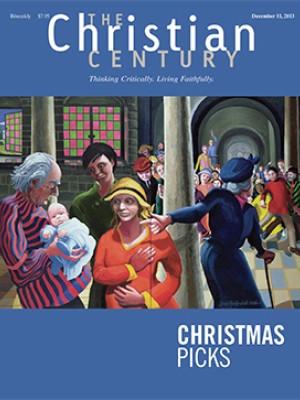TV comedy
The Newsroom (Season Two). Dramas get most of the love in this golden age of television, but the comedies deserve notice—and The Newsroom qualifies in that category: it’s a hilarious show trapped inside a lousy drama. Aaron Sorkin’s latest slice of romantic realism in the workplace spent its first season Monday-morning quarterbacking the news media. In its second season, the show wisely adds a fictional story arc. It remains a pretentious and casually sexist neoliberal fantasy world, populated by flat types who occasionally deliver stirring speeches. (All this was true of Sorkin’s The West Wing at its worst, too, though it wasn’t at its worst nearly as often.) Still, Sorkin is a virtuosic writer of smart, old-fashioned repartee, and the Jeff Daniels–led cast delivers it expertly. The jokes alone make an otherwise insufferable show downright likable.
Veep (Season Two). If The Newsroom is The West Wing’s pale shadow, Veep is its nemesis. Armando Iannucci’s series offers another not-terribly-realistic inside look at Washington, but instead of leaning toward romance and patriotism, Veep is 100 percent cynical. The show feels like an extended comedy sketch, both because its characters are thinly drawn and because it runs on two basic ideas about Washington: no one takes the vice presidency seriously, and everyone is horrible. The premise is more misanthropic than funny, but it’s fertile ground for endless farcical situations and pointed zingers, which are usually cruel, often tasteless and generally hilarious. And the actors spew them with terrifying skill—especially star Julia Louis-Dreyfus, who finally has a vehicle worthy of her comedic skills.
Read our latest issue or browse back issues.
Parks and Recreation (Season Five). Washington doesn’t come up much on television’s best and warmest show about politics, outside a running joke about Joe Biden’s sex appeal. Parks and Recreation takes a local focus, and there’s no mockery in its portrayal of Leslie Knope (Amy Poehler) and her limitless enthusiasm for public service. Yet the show is delightfully silly, its main characters ridiculous as well as sympathetic—from Aubrey Plaza’s sharp-tongued underachiever to Rob Lowe’s upbeat health nut. Even the recurring characters are perfect, in a Coen brothers sort of way; they’re hilarious precisely because they’re barely written caricatures. As the show ages, it’s been “Liz Lemoning” Leslie a little, doubling down on her wackiness and her reliance on the men in her life—especially nerdy husband Ben (Adam Scott) and former boss/libertarian zealot Ron (Nick Offerman). Still, she’s a true original, performed with great subtlety. Parks and Recreation would be great even without a star to carry it, but Poehler carries it brilliantly anyway.
The Mindy Project (Season One). This show relies on its star to carry it, and creator Mindy Kaling delivers as fast-talking, unabashedly girly OB/GYN Mindy Lahiri. Not that the other series regulars are weak, and Chris Messina is particularly good as Lahiri’s colleague, friend and unspoken love interest Danny Castellano. But Kaling’s magnetism and impeccable timing are the main event. Danny’s kind of a jerk to Mindy; so are most of the men she works and/or sleeps with, each of whom feels superior to her for one imagined reason or another. (Even the rival midwives upstairs are both male.) One boyfriend is a Lutheran pastor, and it’s refreshing that the show takes him seriously—though I’ve never encountered such a theological hodgepodge in a real-life minister. It’s not clear whether the show is aiming for a workplace sitcom, a romantic comedy or something weirder. But whenever Kaling’s in the scene, the gender politics crackle and the jokes absolutely kill.
Arrested Development (Season Four). There is good comic timing, and then there is Jason Bateman in Arrested Development. The funniest thing about Mitchell Hurwitz’s original Fox series wasn’t the general outlandishness; it was the one-liners delivered by Bateman’s ostensible straight man, Michael Bluth. In this year’s reboot, Michael’s a little slower on his feet, a little darker and a whole lot more pathetic. So are G.O.B. (Will Arnett) and family patriarch George (Jeffrey Tambor). Season four is short on fast-paced ensemble scenes; the producers could barely get the whole cast together at all. Unfortunately, slowing down to follow just one or two Bluths’ lives at once means more time to notice how sad those lives are. Yet the writing and direction remain ambitious and clever, and when the Bluths do share screen time, their comedic chemistry still sizzles. In particular, the scenes between Lucille (Jessica Walter) and Buster (Tony Hale) are as funny as ever. It’s Arrested Development’s weakest season but one of the year’s strongest.
Bob’s Burgers (Season Three). The Belchers, the family at the center of this animated sitcom, are as ridiculous as the Bluths but far more loving. The show has a knack for starting with a conventional sitcom plot and then pushing it to crazy places. (It feels familiar when middle child and music enthusiast Gene tries organized baseball and is absurdly bad at it; less so when he whips out his athletic supporter and uses it to protect his head from a pop fly he should be catching.) The show also makes creative use of music, including sweetly ridiculous songs improvised by John Roberts, the voice of Belcher matriarch Linda. Making up songs is something quirky families actually do (mine does, anyway); so is the Belchers’ habit of getting conversationally sidetracked by pointless debates. Like a lot of prime-time cartoons, the show is fantastical, silly and crude. But the Belchers feel vibrant and real.


